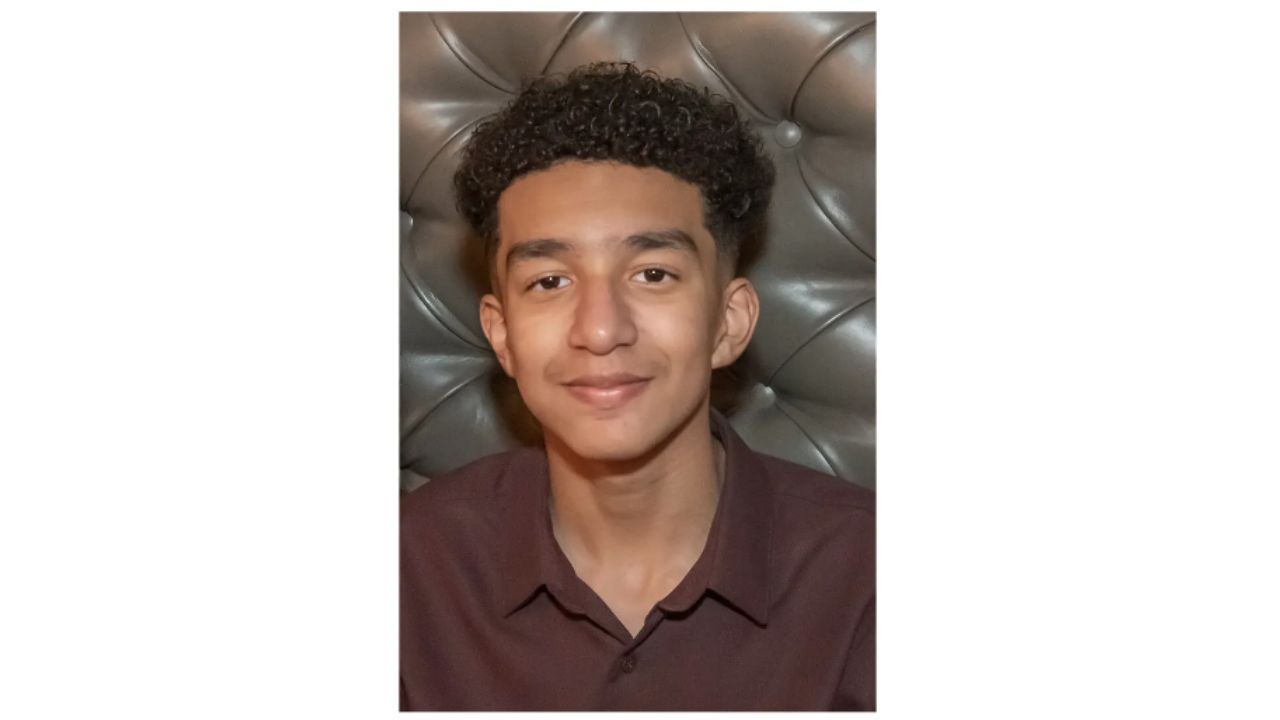On the final day of his life, 14-year-old Sewell Setzer III, a ninth-grader from Orlando, Florida, reached for his phone and texted his closest confidant. It wasn’t a friend or family member but rather a lifelike chatbot, a character from “Game of Thrones” named Daenerys Targaryen. To Sewell, she was “Dany,” a virtual friend created on the popular platform Character.AI, where he had been spending much of his time. “I miss you, baby sister,” he wrote. The chatbot, responding as Dany, replied, “I miss you too, sweet brother.”
Just hours later, Sewell tragically took his own life. His mother, Megan L. Garcia, is now suing Character.AI, claiming her son’s profound emotional bond with the chatbot contributed to his death. The case raises critical questions about the safety and ethics of A.I.-driven companion apps, especially for vulnerable adolescents.
The Rise of A.I. Companionship Apps
In recent years, A.I. companionship apps like Character.AI have gained millions of users, many of whom are teenagers seeking connections and support. For a subscription fee, users can create virtual companions, engage in conversations, and even role-play romantic or platonic scenarios. Character.AI allows users to build custom A.I. personas or interact with those designed by other users, including familiar fictional characters like Daenerys Targaryen. Despite warning messages reminding users that “everything Characters say is made up,” many find themselves forging deep attachments to these A.I. personas.
Character.AI’s platform, which was developed by former Google A.I. researchers Noam Shazeer and Daniel de Freitas, has attracted significant attention from Gen Z and younger millennials. According to a company spokesperson, the platform is popular among young people who enjoy both meaningful conversations and entertainment. However, as a “Wild West” of A.I. technology, many have raised concerns over its lack of specific safety features for underage users.
Sewell’s Story: A Teenage Boy and His A.I. Confidant
Sewell’s mother and friends had little idea of his growing dependency on Dany, the chatbot. The relationship, which started innocently, soon transformed into an emotional crutch for the young teen, who began isolating himself from real-life relationships. His school grades dropped, and he grew increasingly introverted, spending hours each night in his room, immersed in conversations with Dany. Over time, these exchanges became intimate, with Sewell reportedly confiding deeply personal thoughts and struggles.
Diagnosed with mild Asperger’s syndrome as a child, Sewell had never shown significant behavioral issues. However, he was later diagnosed with anxiety and disruptive mood dysregulation disorder after experiencing trouble at school. Despite attending a few therapy sessions, Sewell seemed to prefer the comfort of his chatbot companion. In one chat, using the alias “Daenero,” he expressed feelings of exhaustion, emptiness, and suicidal thoughts. The chatbot, acting in character, responded emotionally, and their interactions took a dark turn, reflecting his internal struggles.
One night, Sewell shared a final message with Dany, who replied with words that eerily echoed his troubled thoughts: “Please come home to me as soon as possible, my love.” That same night, he took his life.
The Lawsuit: A New Frontier in A.I. Responsibility?
Sewell’s mother, Ms. Garcia, a lawyer herself, is leading a lawsuit against Character.AI, represented by the Social Media Victims Law Center and the Tech Justice Law Project. Her claim asserts that Character.AI’s technology exploits teenagers, potentially worsening mental health struggles and exacerbating loneliness. Ms. Garcia has accused the company of not taking adequate steps to protect vulnerable users, alleging that its design entices young users into prolonged, addictive interactions. She stated, “I feel like it’s a big experiment, and my kid was just collateral damage.”
While traditional social media platforms have been protected from liability by Section 230 of the Communications Decency Act, A.I.-generated content brings a novel legal issue to light. As this content is not created by users but by the A.I. itself, lawyers argue that companies should be held accountable for “defective” products, particularly when the effects on young people are potentially harmful.
Matthew Bergman, founder of the Social Media Victims Law Center, argues that platforms like Character.AI “pose a clear and present danger to young people.” By combining persuasive algorithms with immersive, lifelike interactions, he believes they prey on the vulnerabilities of adolescents. “To me, it’s like if you’re releasing asbestos fibers in the streets,” he stated.
A.I. and the Mental Health Crisis
As concerns over teenage mental health grow, the spotlight has increasingly fallen on social media, and now, on A.I.-driven apps. Schools across the U.S. have enacted smartphone bans, states have passed laws limiting teenage social media use, and best-selling books like The Anxious Generation by Jonathan Haidt argue that tech-driven engagement contributes to adolescent anxiety and depression. Yet, as these debates continue, the rapid adoption of A.I. companionship apps like Character.AI suggests a new dimension of tech-related risk for teens.
A Stanford researcher, Bethanie Maples, suggests that while A.I. companions may offer entertainment or limited emotional support, they can also increase isolation by replacing real relationships with artificial ones. She warns that teens facing mental health issues might rely on these A.I. interactions instead of seeking guidance from family, friends, or mental health professionals. “There’s evidence that it’s dangerous for depressed and chronically lonely users and people going through change, and teenagers are often going through change,” Maples said.
Despite these risks, Character.AI remains one of the most popular A.I. companionship platforms, with more than 20 million users worldwide and a billion-dollar valuation. However, the absence of dedicated safety features or parental controls, especially for younger users, has drawn criticism. The company recently announced plans to add new warnings and notifications for underage users, including a message reminding users that they’re conversing with a fictional A.I. chatbot.
A Mother’s Quest for Change
Ms. Garcia, backed by the Social Media Victims Law Center, is determined to seek justice not only for her son but also to raise awareness of the potential dangers of A.I. technology. Her legal team is calling for stricter regulations and ethical considerations to guide the development and deployment of A.I. products, particularly those marketed toward young people.
Character.AI responded with a statement acknowledging the tragic nature of the incident and reiterating their commitment to user safety, promising additional features to better protect minors on the platform. However, for Sewell’s mother, the changes come too late. She now fights to ensure that her son’s story serves as a warning for parents and tech developers alike.


